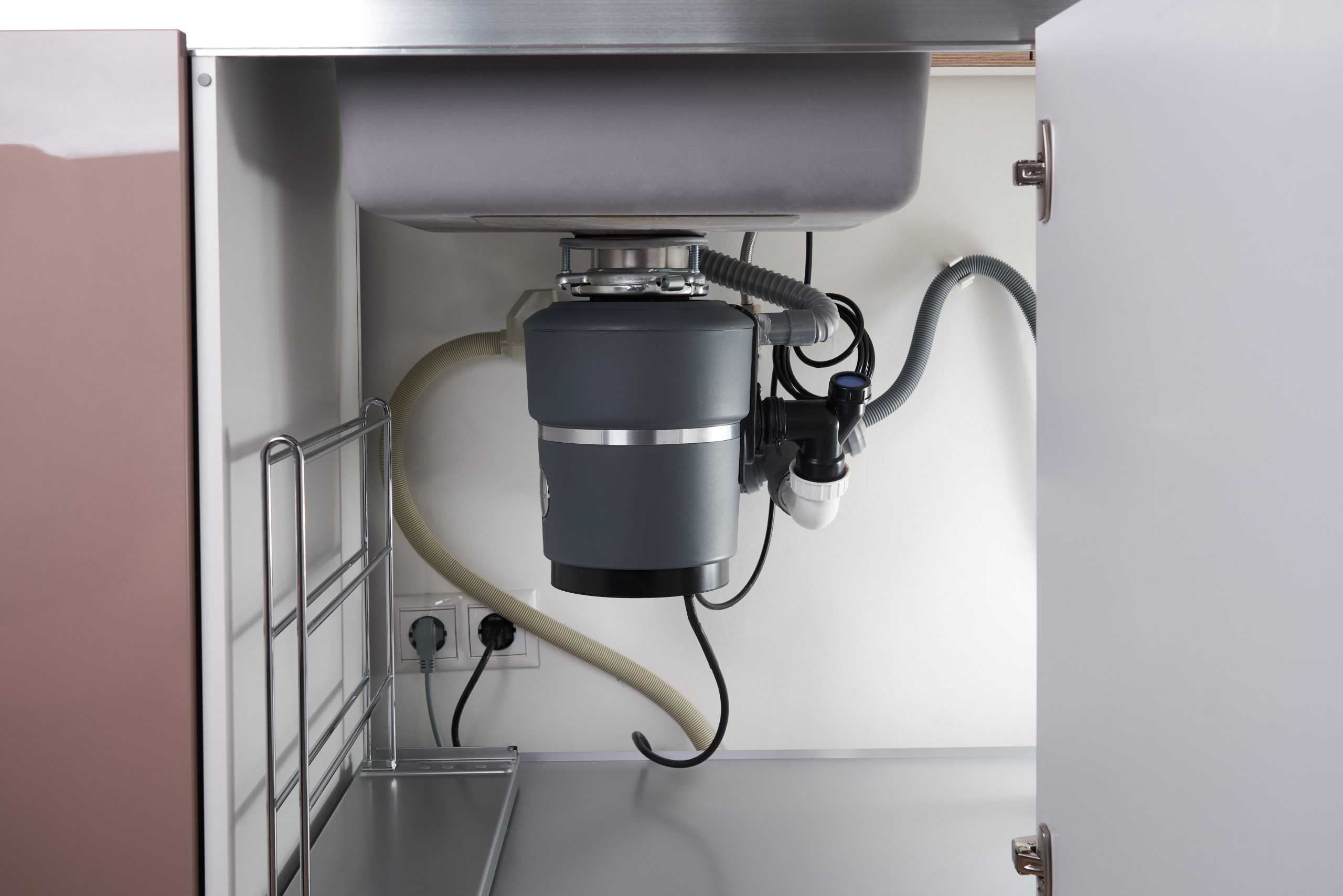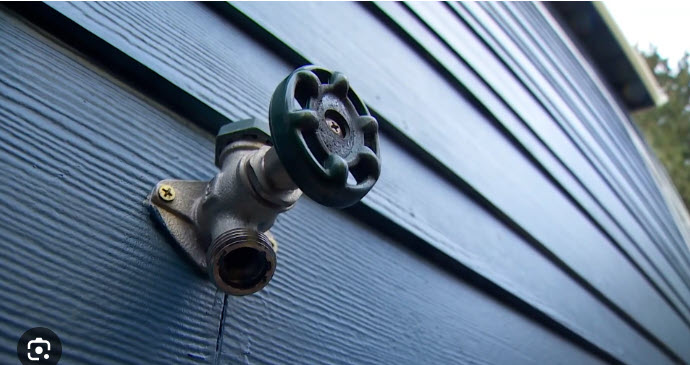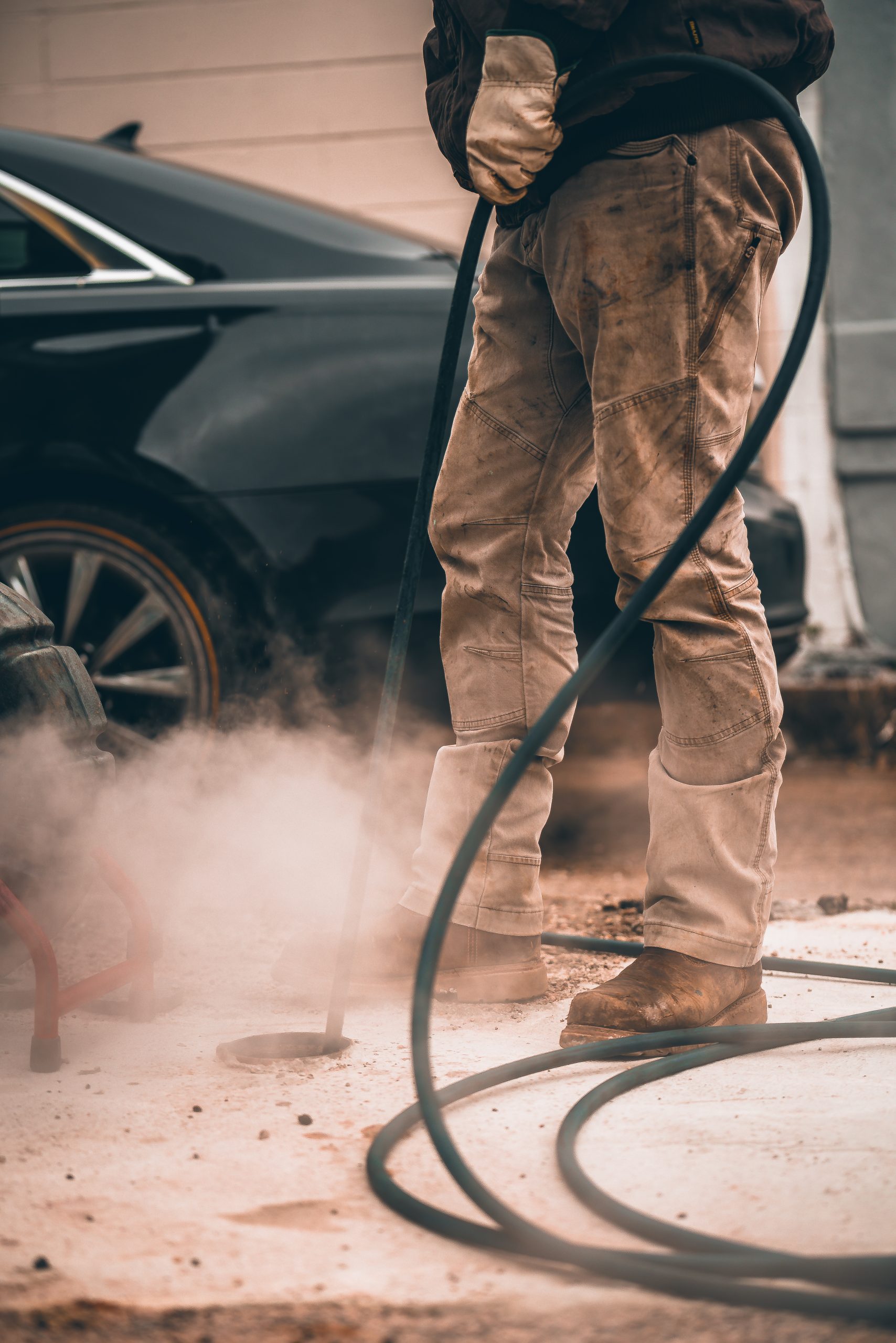How To Unclog A Garbage Disposal
Garbage Disposal Clogs are very frustrating and can cause a lot of damage to your drain system. Hence, unclogging garbage disposal will become a must-have solution that homeowners generally search for on the Internet. Good news: After discussing a well-organized Garbage Disposal clog guide with our professional plumbing team, we have written this article to help our valuable users. Read the full article to find the best solution.
Our last tip concerns a plugged garbage disposal. Many people may not think this rate is high enough for things that can go wrong to be classified as an emergency. But, ask anyone who is hosting a party or has a big family and they will tell you – having a plugged garbage disposal is NOT fun and extremely inconvenient.
Common Causes Of Garbage Disposal Clogs
- Putting corncobs, corn silk, artichokes, rice, potatoes, any kind of pits, small chicken or fish bones, grease
- Stuffing the appropriate items down the drain too quickly
- Not running enough water down the disposal to completely clear the drain, causing a backup
- Dropping a utensil, sponge, bottom top, jewelry (accidentally, of course!)
Steps To Unclog A Garbage Disposal
Shut Off The Power Switch & Unplug The Disposal
Safety is essential, so never work on the disposal while it’s still connected to power. For most systems, the switch is usually under the cabinet, on a nearby wall, or near the disposal. If you can’t locate it, turn off the breaker on the main power panel.
Avoid placing your hand on the disposal, even when you have turned the power off. Your switch can be defective, and the disposal can be unexpectedly turned on.
Check The Garbage Disposal
You’ll then need to inspect your disposal – a flashlight can be quite handy here. If there’s a clog, it might be possible to see a blockage in the disposal. If there’s anything obvious that you can see, use tongs or pliers to grab it and dispose of it.
In some cases, if you turn on your disposal, you might hear the motor turn on and hum, even if it’s not rotating the macerators – this means it’s probably jammed.
Use A Natural Cleaner
If the clog is due to food waste buildup, create a natural cleaning solution using ½ cup vinegar and ¼ cup baking soda. Mix the solution well and pour it into your drain. Leave it for about 10 to 20 minutes, and then pour hot water into the drain.
For most food waste and FOG clogs, using a natural cleaner is an effective way to unclog your drain. If it fails, try other options below.
Plunge The Drain
If the natural cleaner fails to work, then you’ll need to use a plunger, which is one of the most effective ways to unclog sinks and drains. Before you plunge the drain, it’s advisable to clamp off the dishwasher connection hose if you have one. This helps prevent dirty and foul drain water from flowing back into the dishwasher itself.
Once you have taken care of the dishwasher line, place the plunger directly over the drain—make sure it covers the entire thing. Add water to your sink and ensure it covers the lip of the plunger. Then, plunge the drain until the water flows. If it flows, it means you have unclogged the disposal. Pour hot water down the drain to remove any residues.
Manually Turn The Disposals Blades
In some cases, the disposal can be bound up. You’ll need to manually rotate the blades and pick out any debris. We can’t stress this enough – make sure that the power to the disposal is turned completely off before putting your hand into it.
You can either reach your hand (or a tool like a wooden spoon) down into the drain, or check under the disposal to locate the operator for turning the impeller blades. In some cases, you’ll need to use an Allen wrench to turn the blades. As you turn the blades, you’ll either break down the clog or at least rotate it so that you can grab it manually.
Clean The P-Trap
The garbage disposal unit is usually attached to a pipe known as the P-trap or S-trap – it looks like a P or an S shape. In some cases, plunging fails to resolve the issue because of a buildup of debris in the P-trap. In this case, the best way to remove the debris is to remove the trap and clean the pipes as best as you can.
Place a catch bucket under the drain trap, use pliers to loosen the slip-nut fittings on the trap, then remove it. Allow the standing water and food waste to flow into the bucket.
Check the trap and clean it if there’s debris in it. If it’s clear, check the trap arm -this is the horizontal pipe that connects the P-trap to the branch drain pipe. Clean the trap arm as needed. If you can’t fully disassemble the drain pipe(s), use a piece of coat hanger or something similar to manually dislodge any blockages.
Using a drain snake or drain auger to unclog the drain pipes is also a possibility here. Depending on the amount of space in your home, it might be worth it to buy a small, manually operated drain snake to keep on hand for tough clogs. It’s a multi-use tool – use it for any drain in your house.
Tips To Unclog A Garbage Disposal Clogged Drain
Turn off the electrical power switch, usually near the disposal, on a wall close to it, or under the cabinet. If you can’t easily locate it, turn off the breaker or take the fuse out of the main power panel. VERY IMPORTANT that this step is completed first. Don’t even think about moving forward on your own unless the disposal is shut off.
It may be that a large object somehow got jammed in the disposal. Get a flashlight and take a look!
If something is jammed, get pliers and carefully reach in to dislodge and remove it.
Before turning the power back on and resetting the overload protector button, wait for the motor to cool off – usually about 15-20 minutes.
And there you have it!
Worst case scenario – you can’t fix your plugged garbage disposal and you need to call in a professional plumber. You know how to reach us – don’t hesitate. Always better or the side of caution when it comes to disposal problems.

Call The Professionals
Call Fischer Plumbing Right Away And Get The Best Sewer Line Repair Service At Your Doorstep.




